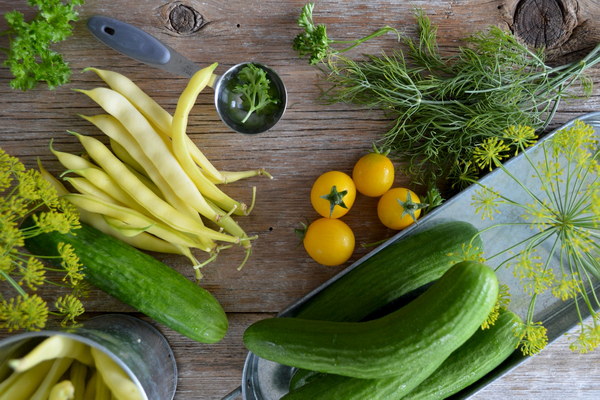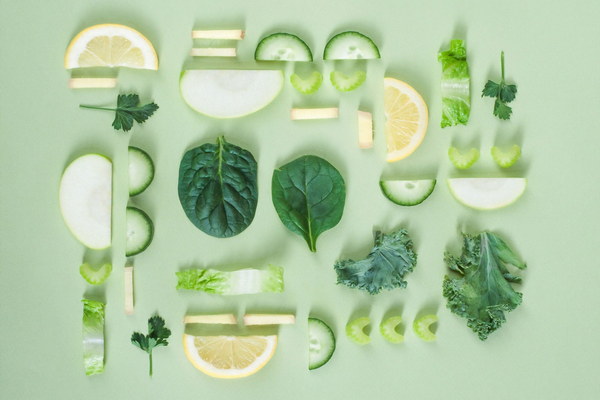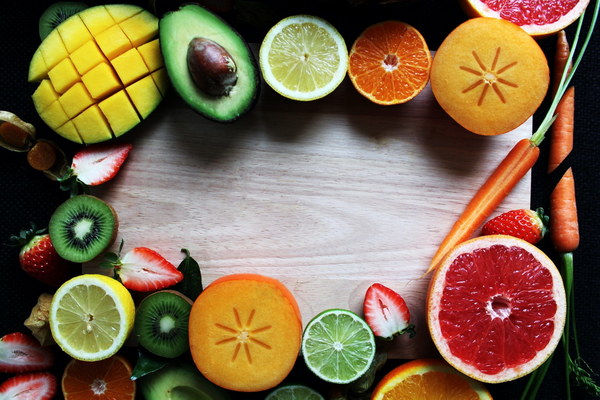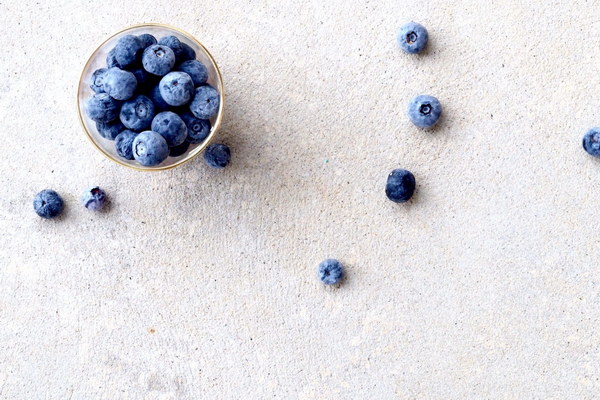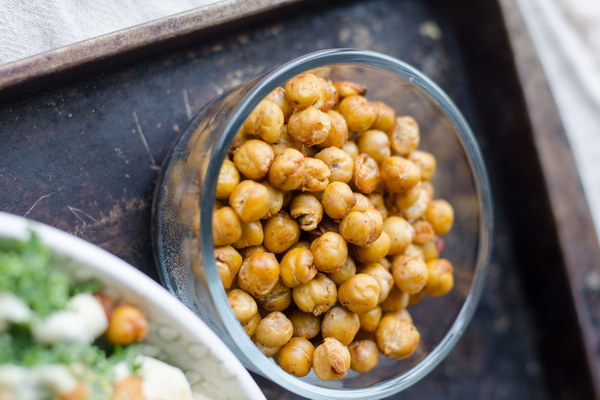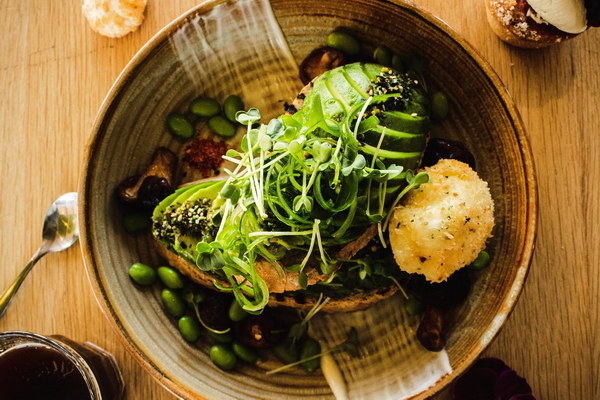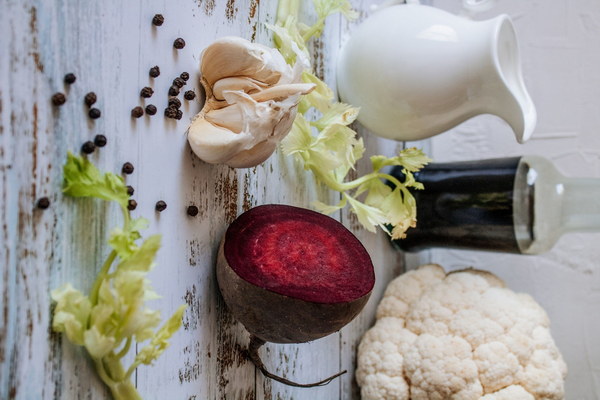Revitalize Your Vitality A Comprehensive Guide to Nourishing Jing and Qi through Traditional Chinese Health Practices
In the realm of Traditional Chinese Medicine (TCM), the concept of Jing and Qi is central to understanding and maintaining one's health and vitality. Jing, often translated as essence or essence of life, is considered the foundational energy that sustains our physical and spiritual well-being. Qi, or vital energy, is the dynamic force that animates the body and governs all physiological functions. When either Jing or Qi is depleted, one may experience a range of symptoms, from fatigue and weakness to emotional imbalance and decreased immunity. This article delves into the essence of Jing and Qi and provides a comprehensive guide to nourishing these vital energies through TCM practices.
Understanding Jing and Qi:
Jing is a vital essence that is believed to be inherited from one's parents and is further developed throughout life. It is responsible for growth, reproduction, and the overall vitality of the body. Qi, on the other hand, is the life force that permeates every cell and organ, providing the energy necessary for all bodily functions. In TCM, the balance of Jing and Qi is crucial for health and longevity.
Signs of Jing and Qi Deficiency:
Recognizing the signs of Jing and Qi deficiency is the first step towards restoring balance. Common symptoms include:
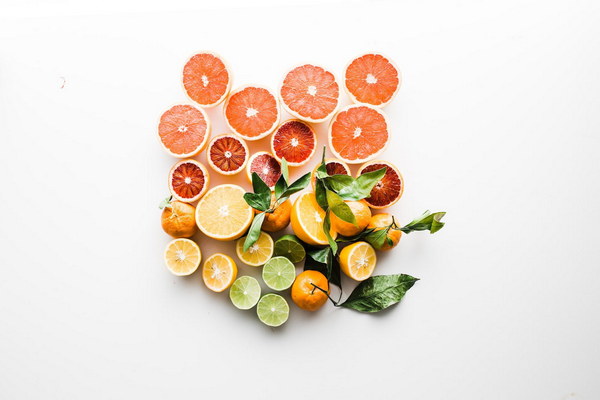
- Chronic fatigue and weakness
- Impaired reproductive health
- Poor memory and concentration
- Insomnia
- Emotional instability
- Low immunity and frequent illness
- Aching joints and muscles
- Premature aging
Nourishing Jing and Qi through TCM:
1. Dietary Adjustments: A balanced diet rich in essential nutrients is essential for nourishing Jing and Qi. Foods that are considered warming and nourishing are particularly beneficial. These include:
- Nuts and seeds: Almonds, walnuts, and sunflower seeds are excellent sources of protein and essential fatty acids.
- Seafood: Shellfish, such as oysters and clams, are known for their high zinc content, which supports reproductive health.
- Root vegetables: Carrots, sweet potatoes, and beets provide essential vitamins and minerals.
- Fruits: Berries and avocados are rich in antioxidants, which can help combat the effects of aging.
2. Acupuncture: Acupuncture, a key component of TCM, involves inserting fine needles into specific points on the body. These needles stimulate the flow of Qi and help to balance the body's energy. Acupuncture can address a wide range of conditions related to Jing and Qi deficiency, such as fatigue, infertility, and chronic pain.
3. Herbs and Supplements: Many herbs and supplements are used in TCM to nourish Jing and Qi. Some popular options include:
- Goji berries: Known as a natural energy booster, goji berries are also believed to support reproductive health.
- Ginseng: This well-known herb is used to boost energy, improve memory, and enhance overall well-being.
- Astragalus: This immune-boosting herb is often used to support the body's defenses and combat fatigue.
4. Qigong and Tai Chi: These ancient practices involve slow, deliberate movements that are designed to enhance the flow of Qi through the body. By focusing on breath and movement, Qigong and Tai Chi can help to improve mental clarity, reduce stress, and boost energy levels.
5. Rest and Relaxation: Adequate rest and relaxation are crucial for maintaining a healthy balance of Jing and Qi. Techniques such as meditation, deep breathing exercises, and yoga can help to reduce stress and promote a sense of calm and well-being.
Conclusion:
Incorporating these TCM practices into your daily routine can help to nourish your Jing and Qi, leading to improved health, vitality, and longevity. By understanding the importance of balancing these vital energies, you can take proactive steps to maintain a healthy and fulfilling life.
